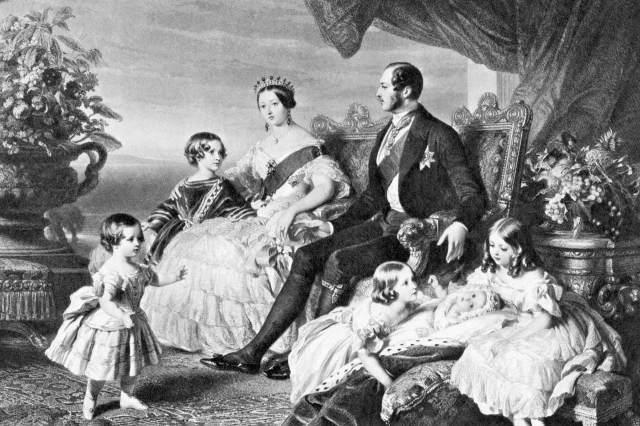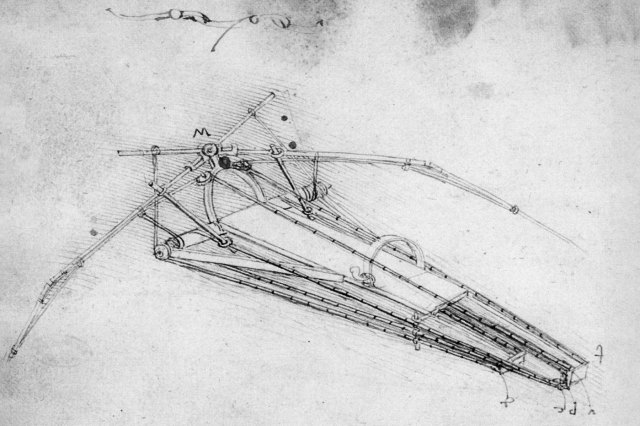No one’s sure how Napoleon died.
Napoleon Bonaparte died more than 200 years ago, and in all that time no one has been able to definitively establish how. We know he didn’t perish at the Battle of Waterloo, which is synonymous with his downfall but preceded his actual passing by six years. That calamitous defeat forced Napoleon to step down as emperor of the French for the second time and surrender to the British on July 15, 1815, leading to six years in exile on the island of St. Helena before his death on May 5, 1821. Just three weeks earlier, he reflected on his harsh treatment at the hands of the British, writing, “I die before my time, murdered by the English oligarchy and its assassin.” This has led to speculation among some that Napoleon was poisoned by his captors, a suspicion bolstered by the fact that locks of his hair tested positive for arsenic in 1961. But researchers have since chalked that up to the then-common practice of using arsenic to preserve bodies after death, and/or traces of hair powder containing arsenic.
The physicians who performed Napoleon’s autopsy in 1821 concluded that he had died, much less suspiciously, of stomach cancer exacerbated by bleeding ulcers. This stands to reason, as he was treated with a heavy dose of calomel — a compound thought to be medicinal at the time that actually contained mercury — the day before he died. Uncertainty remains, however, as do speculation and even conspiracy theories that have only added to the aura of France’s most legendary ruler.















